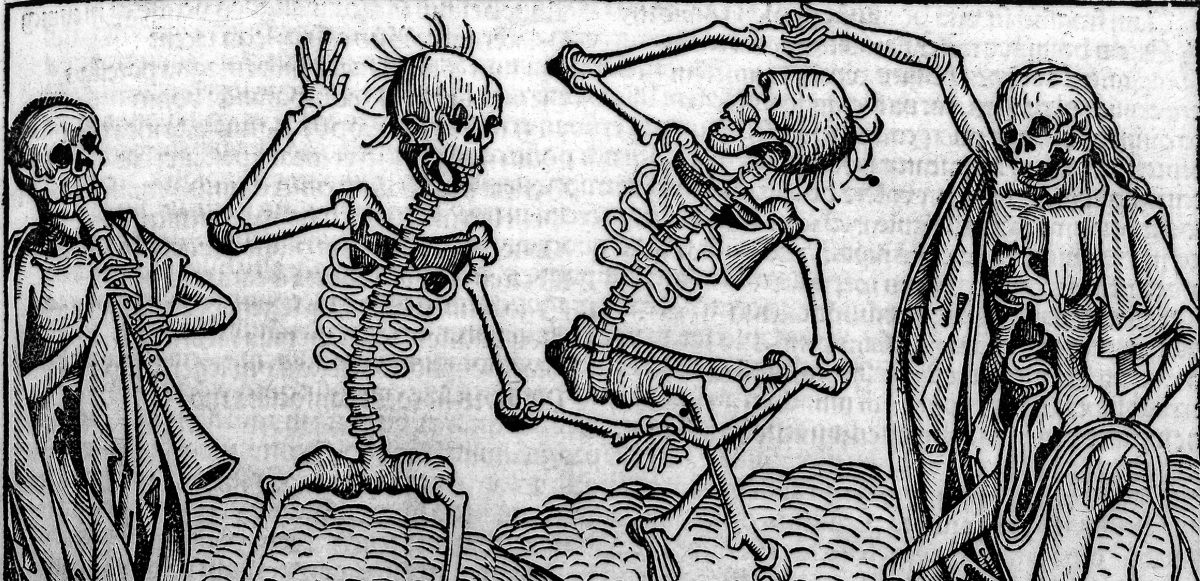 Cards on the table: I haven’t had time to write a fresh blog post for this week, since I’m giving a lecture at the Rose Playhouse in London tomorrow (Monday 21st November 2016, to be exact), but things are gearing up towards Christmas, which puts me in mind of my favourite Christmassy Shakespeare play (that I’ve also given a lecture about at the Rose, and have extensive notes for).
Cards on the table: I haven’t had time to write a fresh blog post for this week, since I’m giving a lecture at the Rose Playhouse in London tomorrow (Monday 21st November 2016, to be exact), but things are gearing up towards Christmas, which puts me in mind of my favourite Christmassy Shakespeare play (that I’ve also given a lecture about at the Rose, and have extensive notes for).
What’s the title of that play? Well, just in case you didn’t have time to read the title of this blog post: it’s Twelfth Night.
What’s my favourite part? The sly references to Demonic possession in Act Four, Scene Two. Continue reading “Shakespeare’s Twelfth Night and Demonic Possession”

